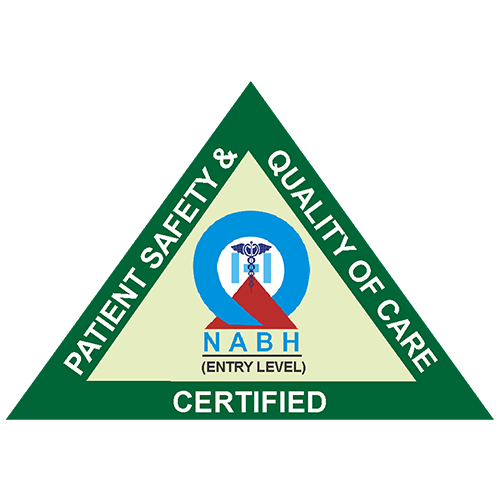Overview:
Kidney infection, also known as pyelonephritis, is a serious condition that can cause damage to the kidneys if left untreated. It is caused by bacteria that travel from the bladder into the kidneys, leading to inflammation and infection of the renal pelvis and kidney tissue. This condition requires immediate medical attention and treatment to prevent serious complications.
How May a Kidney Infection and a UTI be Distinguished From One Another?
A kidney infection is a form of urinary tract infection (UTI). Yet, when individuals use the term “UTI,” they frequently refer to a lower urinary tract infection, as well as an infection of the bladder or urethra. While the symptoms of a kidney infection and a lower UTI can be similar, the latter kidney infection is more likely to abruptly make you feel ill, give you a fever, or cause pain in your side or lower back.
What Are the Signs and Symptoms of a Kidney Infection?
Symptoms of kidney infection can be similar to those of a bladder infection, including:
- Frequent urination.
- Pain or burning during urination.
- Cloudy or strong-smelling urine.
However, kidney infection symptoms can also include:
- Hgh fever.
- Chills.
- Nausea.
- Vomiting.
- Pain in the side or back, especially below the rib cage.
These symptoms can develop quickly and become severe, so it is important to seek medical attention if you experience any of them.
What Are the Risk Factors for Kidney Infection?
Several factors can increase the risk of developing a kidney infection, including urinary tract abnormalities, a history of kidney infection or kidney stones, and weakened immune system. Women are also more likely to develop kidney infections than men due to their shorter urethra, which allows bacteria to travel more easily to the bladder and kidneys.
How Is a Kidney Infection Diagnosed?
Diagnosis of kidney infection involves a physical exam, a urine test to check for bacteria, and sometimes an imaging test such as a CT scan or ultrasound to check for kidney damage. Treatment typically involves antibiotics to kill the bacteria causing the infection and relieve symptoms. In severe cases, hospitalization may be necessary to receive intravenous antibiotics and fluids.
What are the Complications of Kidney Infection?
Without treatment, kidney infection can lead to serious complications, including kidney damage, sepsis, and even death. In some cases, the infection can spread to the bloodstream and cause a life-threatening condition called sepsis. Therefore, it is important to seek medical attention immediately if you suspect you have a kidney infection.
What Is the Duration of a Kidney Infection?
You can recover from a kidney infection with treatment in a few days (though you need to finish the course of antibiotics). But, if your infection is more difficult to treat, it can persist for a few weeks.
Does a Kidney Infection Resolve On Its Own?
Lower UTIs may resolve on their own for some people, but if kidney infections are not treated, they can cause serious consequences. If you experience kidney infection symptoms, consult a medical professional.
How Can Kidney Infection be Prevented?
Prevention of kidney infection involves maintaining good hygiene, urinating frequently to flush out bacteria, and drinking plenty of fluids to stay hydrated. Avoiding irritating feminine products and practicing safe sex can also help reduce the risk of developing a kidney infection.
Conclusion:
In conclusion, kidney infection is a serious condition that requires immediate medical attention and treatment to prevent serious complications. If you experience symptoms of kidney infection, it is important to seek medical attention right away to prevent kidney damage and other serious health problems. By practicing good hygiene and taking preventive measures, you can reduce your risk of developing a kidney infection and maintain good kidney health.




